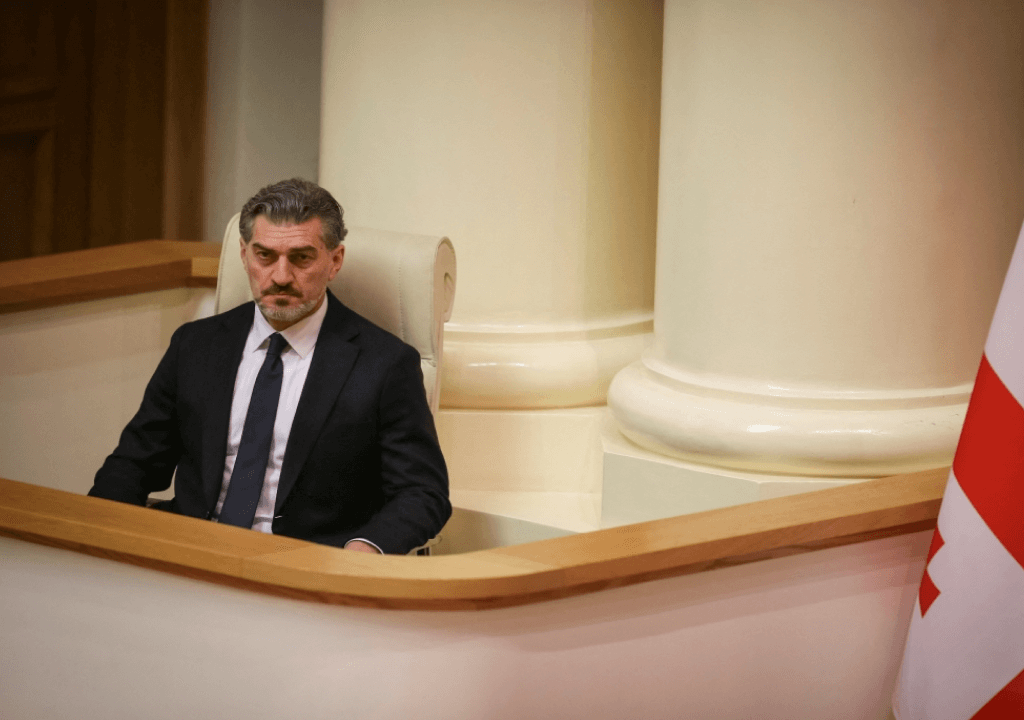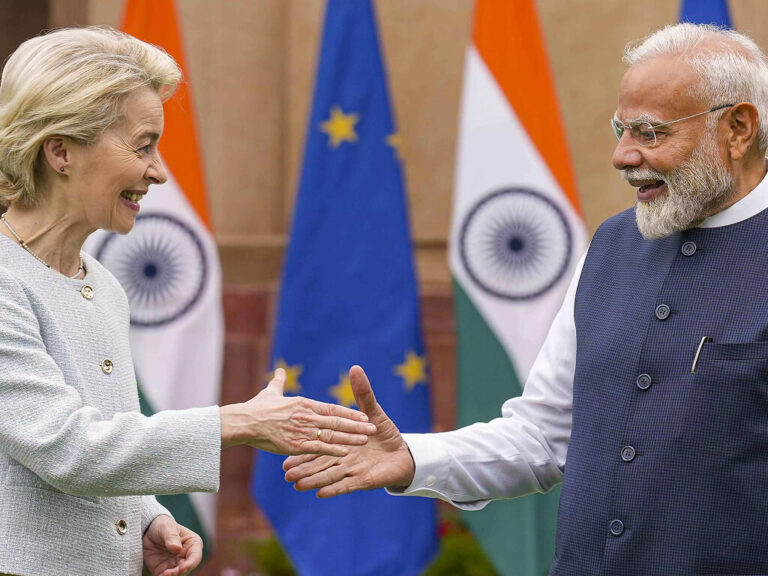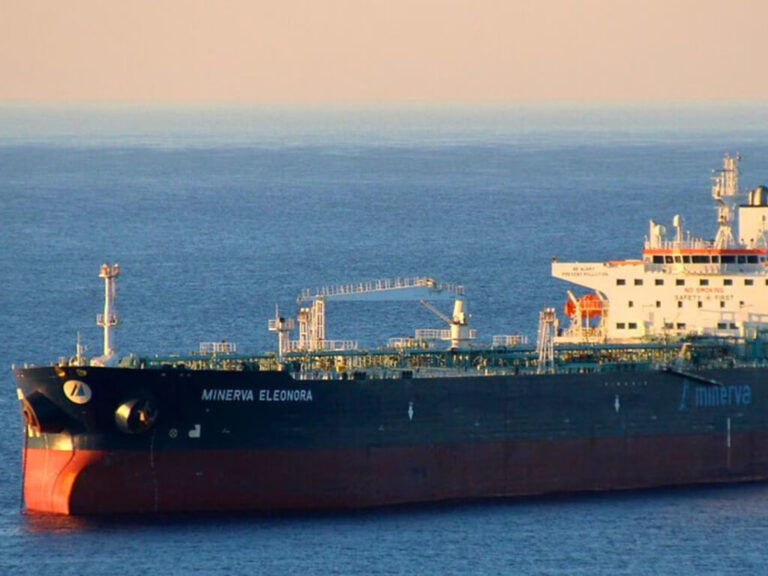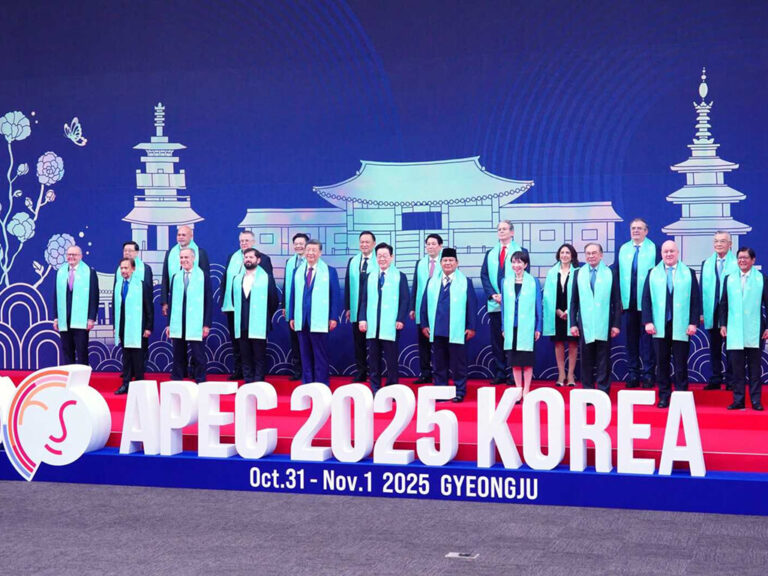Democracy and free speech remain intolerable for many governments, who see them as direct threats to their control over the populace and their profitable monopolies on state resources. In their quest to forestall any transfer of power to the people, ruling elites will stop at nothing. These dynamics inevitably breed tension, especially when domestic factions align with opposing global powers. And it is the scenario in Georgia, a small but strategically crucial nation at the juncture of Europe and Asia, where a political crisis is unfolding. Here, a West-leaning, democracy and free speech supporting populace finds itself in an increasingly fraught standoff with a government tethered to Moscow’s influence.
Georgia’s political landscape is dominated by an entrenched elite, closely intertwined with powerful business magnates—a structure long shaped by Russian dominance and, more recently, tempered by Europe’s growing influence. This dual allegiance has ignited a fierce power struggle, with each side staking a claim to public support. Pro-Russian conservatives find their champion in the ruling Georgian Dream Party, while those resisting the oligarchic nexus are tied to the promise of a European future. After witnessing Ukraine’s struggle, a significant portion of Georgia’s public began favoring closer ties with Europe. However, the Kremlin-linked government, seeking to consolidate power and move closer to Russia, started pushing back. They have rewritten the constitution, held unfair elections, and enacted measures reminiscent of Russian authoritarian practices to silence dissent and retain authority.
Following constitutional changes and a new framework set by the ruling party’s interests, Georgian lawmakers have chosen Mikheil Kavelashvili as the country’s president. A former professional football player and outspoken critic of the West, Kavelashvili is staunchly pro-Russia. Over the past year, he has repeatedly accused Western intelligence agencies of attempting to drag Georgia into a war with Russia. Under the revised system, Georgia’s president is now selected by a college of electors, comprising members of parliament and local government representatives. Of the 225 electors present, 224 voted for Kavelashvili, who was the sole nominee. His election starkly contrasts with the country’s previous practice of direct presidential elections, further fueling public discontent over Georgia’s democratic backsliding.
The opposition has declared Saturday’s election invalid and recognizes only Salome Zourabichvili, the sitting president, as Georgia’s legitimate leader. Zourabichvili, a pro-Western figure deeply at odds with the ruling Georgian Dream Party, has refused to step down. She is demanding fresh parliamentary elections, paving the way for a looming constitutional crisis. The October parliamentary elections were widely viewed as heavily rigged, further eroding public trust in the pro-Kremlin government.
Protests have swept across Tbilisi, with demonstrations planned at over a dozen locations. For the 16th consecutive day, thousands of pro-EU demonstrators have filled the streets, now turning their anger toward the newly nominated president as well. The protests culminated in a massive rally outside parliament, where the crowd rallied behind Salome Zourabichvili. Intensifying her criticism of the government, Zourabichvili denounced its latest actions during a press conference, stating, “What will happen in parliament tomorrow is a parody—an event entirely devoid of legitimacy, unconstitutional, and illegitimate.”
Georgia is plunging into a significant political crisis as the country finds itself with two presidents after December. Salome Zourabishvili’s refusal to leave office, the opposition’s parliamentary boycott, and ongoing protests have already overshadowed the presidency of her successor, Gia Kavelashvili, likely weakening his position from the outset. The government’s response to Zourabishvili’s defiance following Kavelashvili’s inauguration on December 29 remains uncertain, constrained by widespread public anger.
Adding to the turmoil, European leaders have thrown their support behind the Georgian opposition, openly rejecting the legitimacy of the recent parliamentary elections and the current parliament. Meanwhile, Washington has intensified its pressure by imposing sanctions on Georgian officials, including visa bans for around 20 individuals accused of undermining democracy, among them key ministers and parliamentarians.
These developments raise the alarming prospect of Georgia drifting closer to Moscow. The fear is that the country could fall further into Russia’s orbit, effectively becoming another satellite state. As this political standoff deepens, those advocating for democracy face increasing risks of suppression and retaliation.








